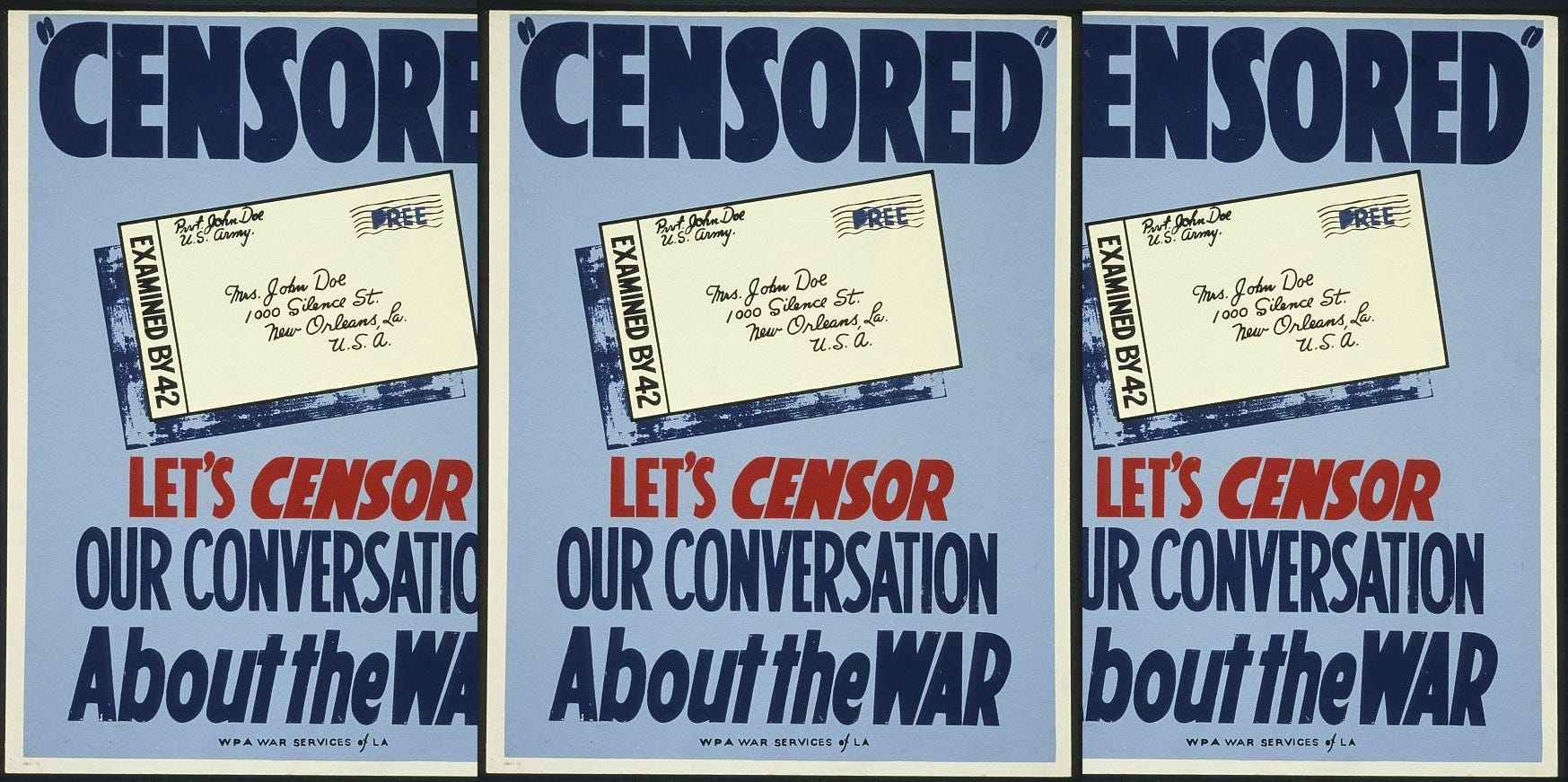

Whether the Justice Department decides to bring charges under the Espionage Act against Trump ultimately comes down to intent, Goodman said. "It could well be that what the Justice Department has in mind is not obstruction of an investigation, but simply interference or obstruction of the ability of the National Archives to properly administer government documents, presidential records," he said. Goodman said that the obstruction statute is not necessarily limited to obstruction of a Justice Department criminal investigation, but it could apply to the National Archive's ability to collect presidential records. That led to the FBI executing a search warrant Monday at Mar-a-Lago, with the agents seizing 11 sets of classified documents, including four sets that were classified "top secret." Trump has claimed that all the documents were declassified. It then asked the Justice Department to investigate.

In January, the National Archives and Records Administration said it retrieved 15 boxes of records from Mar-a-Lago, some of which contained classified national security material. The latter carries a 20-year maximum prison sentence, double what someone would face under Section 793 of the Espionage Act. They include, involving removing, falsifying or destroying public records and, obstruction of justice. " The other laws involved in the investigationĪccording to the search warrant, Trump is also under investigation for two other potential crimes not related to the Espionage Act. "And it's also one in which Petraeus could have been charged for the false statement, which is very similar to Trump potentially being charged with. "I think that's one of the closest precedents to the current situation," said Ryan Goodman, a New York University law professor. "The question for the Justice Department was, did she create this private server with the intent of people sending her unmarked classified information? And did she have any reason to suspect the information in those emails was in fact classified? And they concluded there was insufficient evidence of that," Moss said.Īfter intensely criticizing Clinton for her handling of classified information, Trump signed a law upgrading the mishandling of secret records from a misdemeanor to a felony.įormer CIA Director David Petraeus admitted to keeping classified information at home, which he shared with his biographer with whom he was having an affair, while lying to the government about returning all such information. Dozens of emails containing classified information were housed on the server. The non-specific language of the act made it possible for the government to target virtually anyone who opposed the war, including pacifists, neutralists, communists, anarchists, and socialists.Trump is not the only high-profile political figure to be investigated under the Espionage Act.įormer FBI Director James Comey controversially decided not to seek criminal charges against former Secretary of State Hillary Clinton under the Espionage Act for her private email server because there wasn't enough evidence of willful intent or gross negligence. Under the wording of the act, anyone who publicly protested against the war, or the military draft could be open to investigation and prosecution. While the intent of the act was to define and punish acts of espionage-spying-during wartime, it necessarily placed new limits on Americans’ First Amendment rights. Potential punishments for violations of the Espionage Act of 1917 range from fines of $10,000 and 20 years in prison to the death penalty.While The Espionage Act of 1917 limited Americans’ First Amendment Rights, it was ruled constitutional by the Supreme Court in the 1919 case of Schenck v.The Espionage Act of 1917 was passed by Congress on June 15, 1917, two months after the United States entered World War I.armed forces during a war, or to in any way assist the war efforts of the nation’s enemies. The Espionage Act of 1917 makes it a crime to interfere with or attempt to undermine or interfere with the efforts of the U.S.


 0 kommentar(er)
0 kommentar(er)
